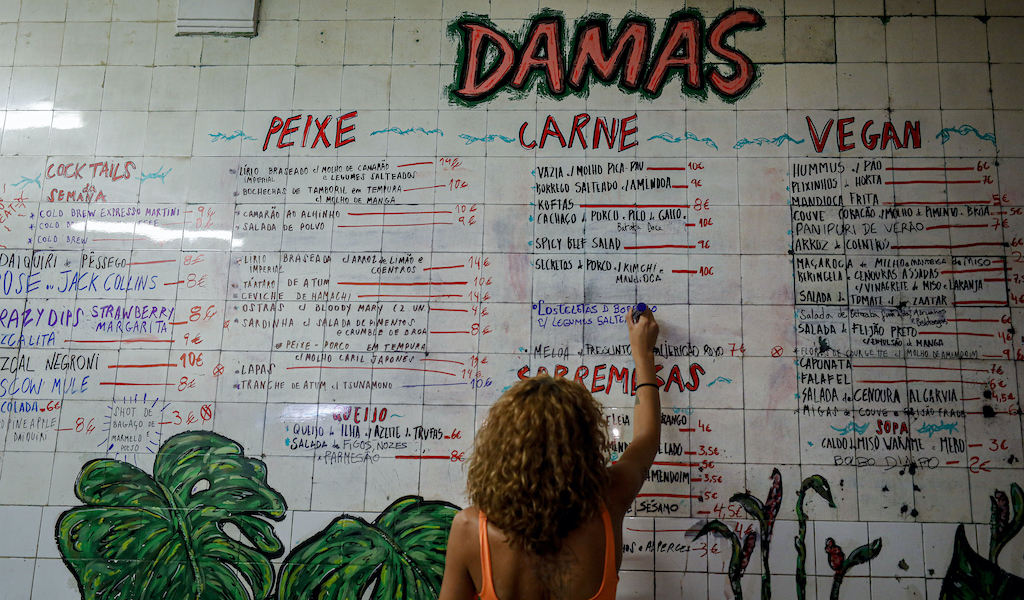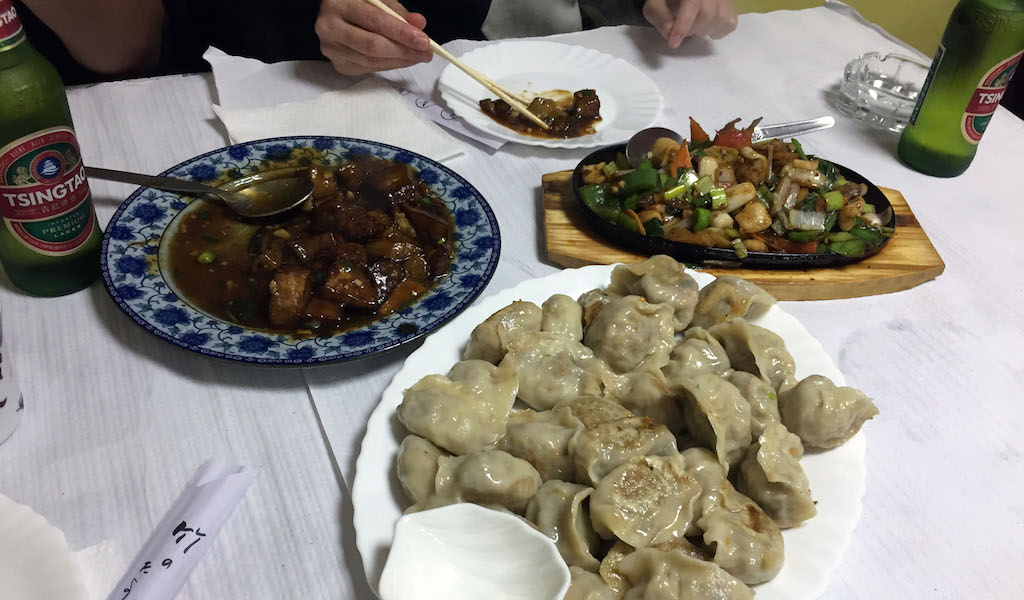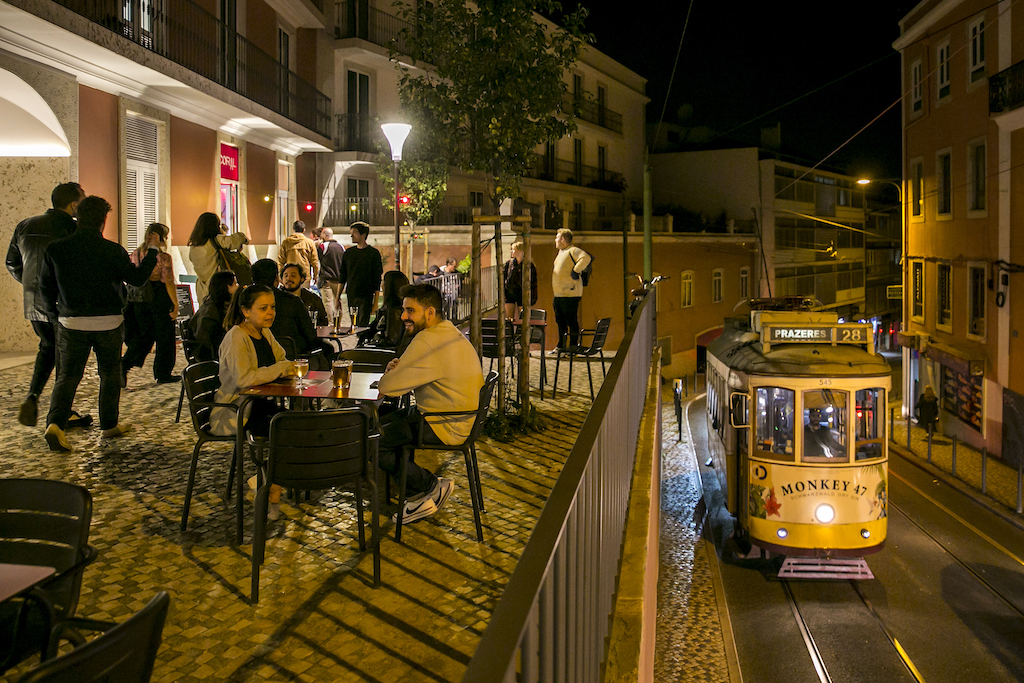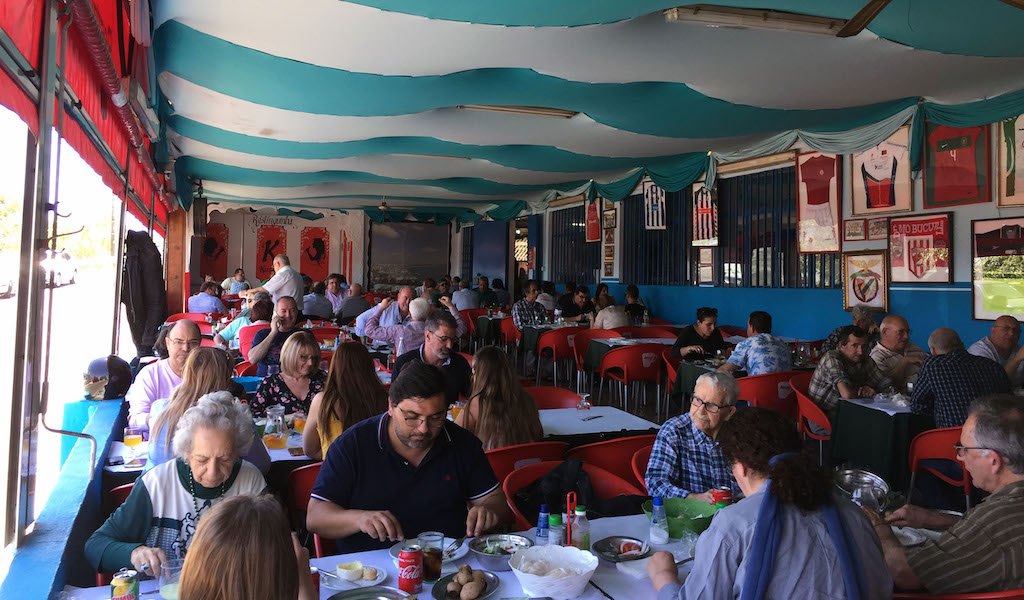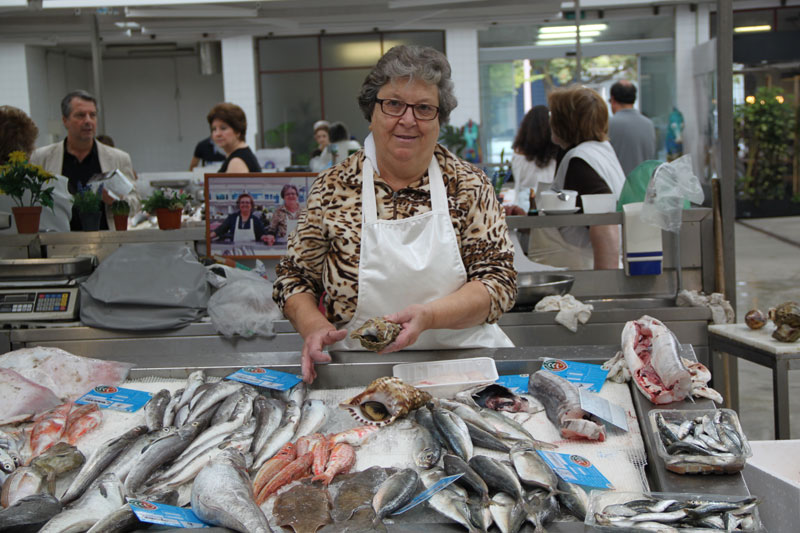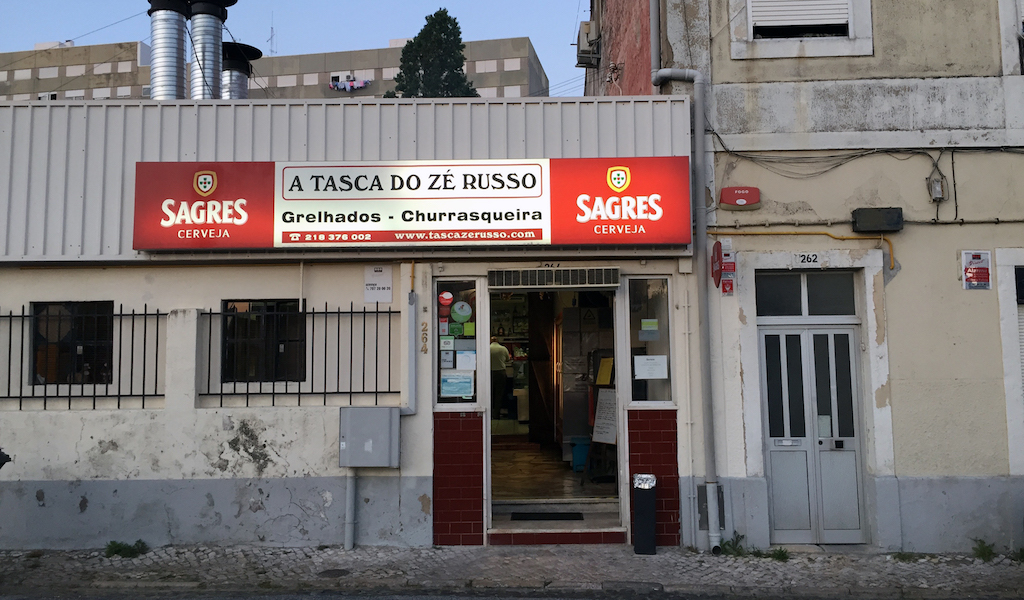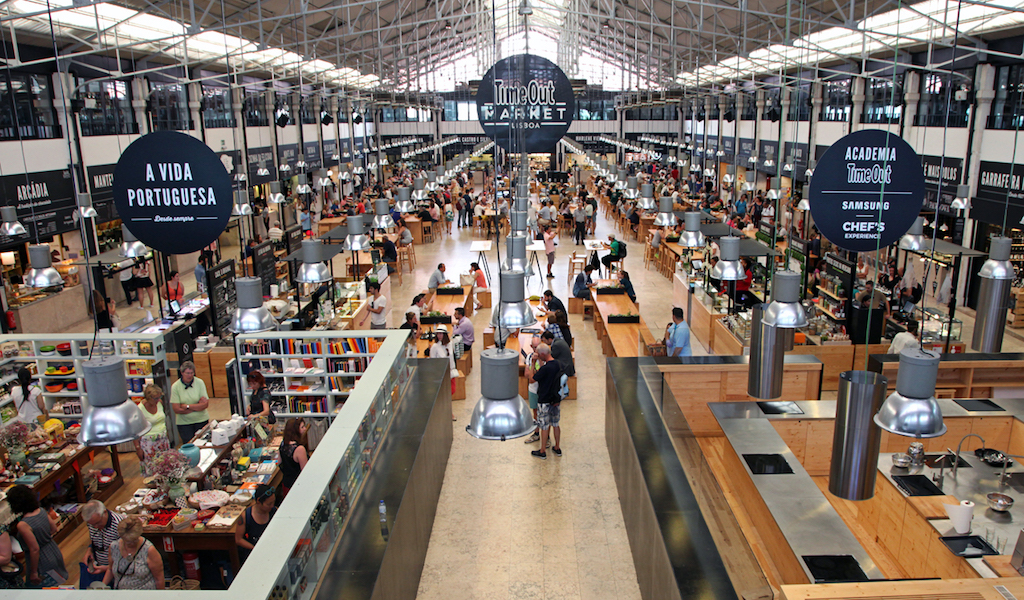We can't find the internet
Attempting to reconnect
Something went wrong!
Hang in there while we get back on track
Search results for "Francesca Savoldi and Syma Tariq"
Lisbon
Damas: Funky Kitchen
At the end of Rua da Voz do Operário, the main road that leads up to the hilltop of the previously sleepy Graça neighborhood, is a new, hip Lisbon kitchen that is reflecting the city’s growing hunger for great food and a good time. Damas, as the name indicates, is run by two women who have both previously worked in some of the city’s well-known food institutions, including Chapito. The restaurant, bar and club has been popular pretty much since it launched in 2015, thanks to its combination of knowledgeable chefs, classic and not-so-classic dishes done well, and a regular music program that ranges from punk to afro-beats.
Read moreLisbon
Clandestine No More: A Chinese Food Boom in Lisbon
Most European capital cities have a Chinatown, and Lisbon is no different. In the 1980s many immigrants from the Zhejiang province, on China’s eastern coast, made downtown Mouraria their home; the wave of newcomers remained steady and eventually peaked in the 2000s. As the first generation grows up, their family businesses are leaving indelible marks on the wider city, joined now by entrepreneurs from Macau – Portugal’s last colony – and those benefiting from the country’s Golden Visa scheme, which allows people who invest a certain amount or buy property in Portugal to move here. This means a boom in Chinese food right in the heart of the city.
Read moreLisbon
Valsa: Culture On the Edge of Town
Around 30 people crowd into a small bar in a quiet neighborhood in Lisbon for a film screening. It’s a Wednesday night, but the place, called Valsa, is full, despite the fact that it’s in a peripheral residential zone. “Valsa” is the Brazilian translation of “waltz”; the Mittel-European folk dance that arrived to Brazil via Portugal in 1808. Danced in the elite salões of Rio de Janeiro, the term is now back on this side of the Atlantic, thanks to this tiny Brazilian-run association with one of the busiest cultural programs in the city.
Read moreLisbon
CB on the Road: From Gritty to Green Along the Sado River
The diverse bay of the Sado River estuary, with its old port towns, cork oak groves, ancient rice fields, beaches and wildlife, is only around 45 minutes south of Lisbon, but feels a million miles away from the Portuguese capital. The history of this region – which includes the slightly gritty main city of Setúbal – goes back to Roman times, and it has had a strong connection to the ocean ever since. Fish salting has been key to Setúbal’s economy from the first century onwards, with port activities developing in the 15th century and later more industrial development, particularly fish canning, in the 19th century.
Read morePorto
Matosinhos: Song of the Sea
Matosinhos, a small city just north of Porto, is used to change. It has an industrial air to it, due to its 19th-century harbor, and its past prosperity was connected to the fish-canning sector, which peaked during World War II and declined from the beginning of the 70s. The numerous abandoned warehouses attracted nightlife during the 1990s, with clubs finding a fertile zone for noise. The completion of the long-delayed tidal pool, built by Portugal's starchitect, Alvaro Siza (who was born in the city), put it firmly on the map again after the project was delayed for decades. In January, the launch of the new, spiralling cruise ship terminal added to the contemporary design-y feel that has been developing on its otherwise rugged coastline.
Read moreLisbon
Tasca Zé Russo: Blessedly Unchanged
Considering how much hype has been laden upon it since 2016, when a few galleries moved into some of its former warehouses, you’d think the light-industrial, heavily residential neighborhood of Marvila would already be out of fashion. Yet, step outside the cluster of streets hosting these art spaces, co-working hubs, brewer-bars and the famed cultural center Fabrica Braço de Prata, and Marvila as a whole still feels a long way from being the next big thing. Located between Lisbon’s airport and the river Tejo, this sprawling eastern district is mostly unchanged when you move away from the marginal and towards its heart: the expansive Parque Bela Vista.
Read moreLisbon
A Time Out for Lisbon’s Market Makeovers?
“It’s good for tourists, not for us.” While this can sadly be said about many things, Anabela, the woman we are speaking to, is referring to the transformation of Mercado da Ribeira, Lisbon’s historic public market, where she co-runs a small grocery store. Originally built as a predominantly wholesale food, fish and flower market in 1771, Ribeira today shares its space with Mercado Time Out, financed by the venture capital firm that controls the publishing franchise in Portugal, which has occupied the central section of the market since 2014. Time Out’s concept: an “editorially” curated gourmet food hall. Selling the best of Portugal – from croquettes and custard tarts to seafood and steak – it is now a top attraction, with 24 restaurants, eight bars, a dozen shops and a high-end music venue.
Read more